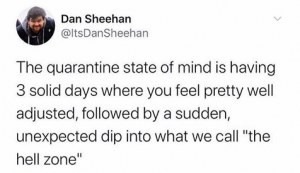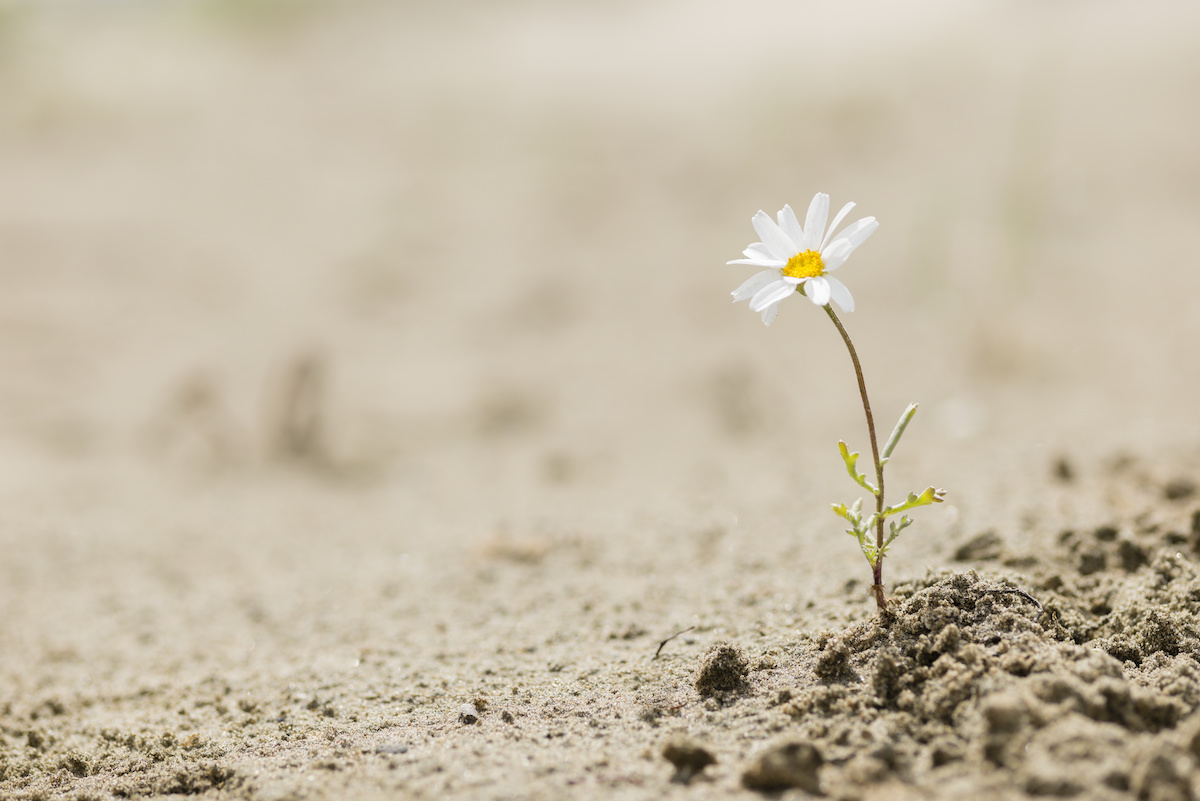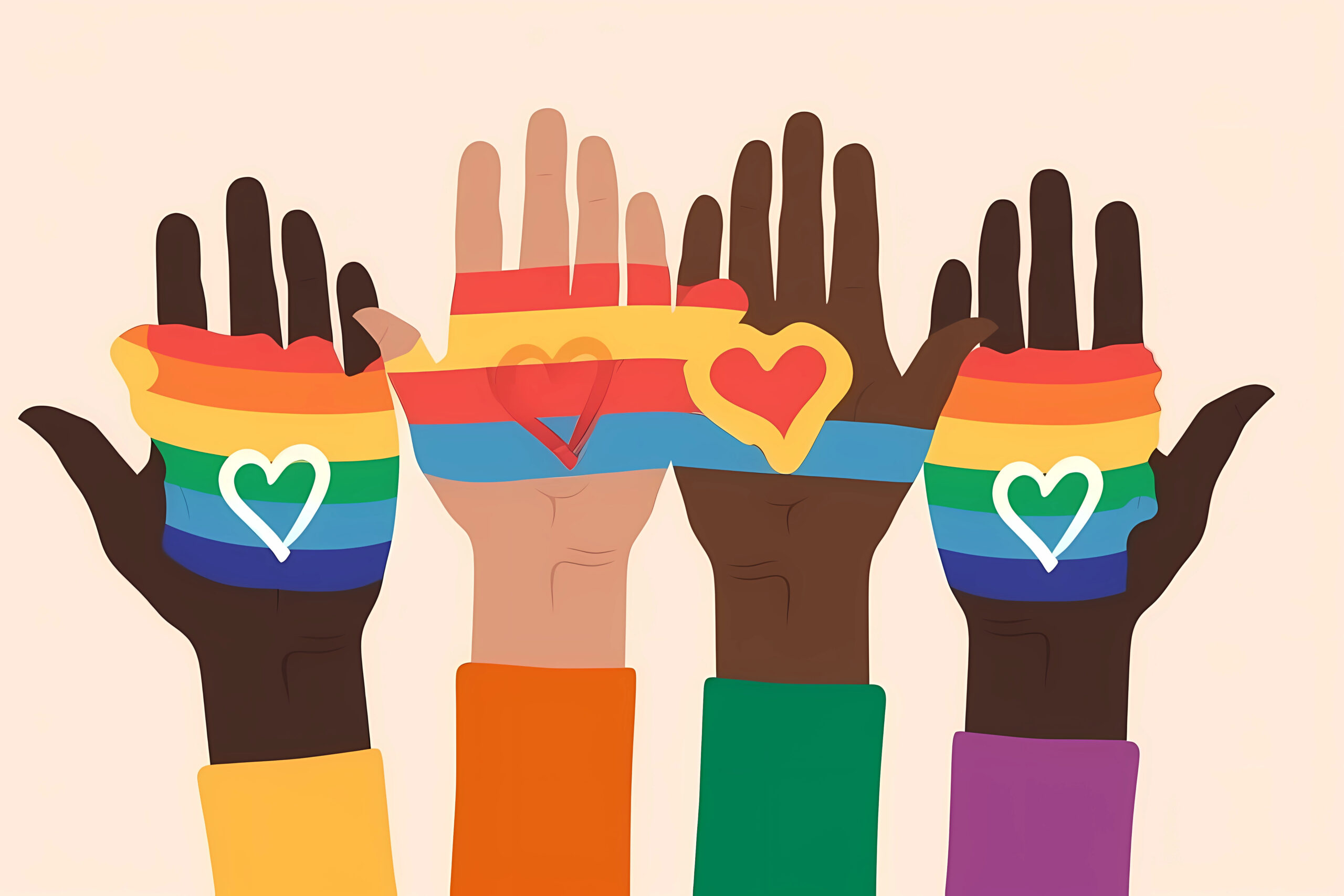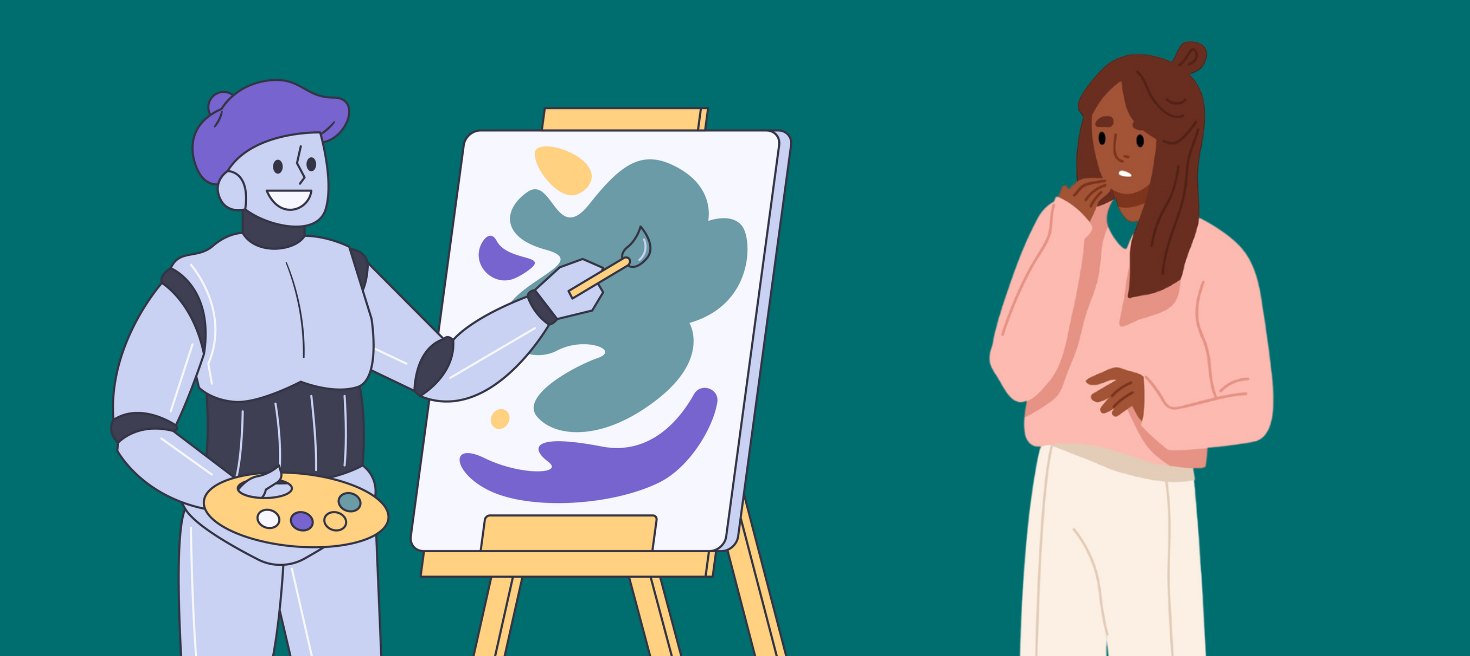I’m going to be honest here. I’ve written a few versions of this because it’s hard to know who I’m writing for. We’re all having such similar and yet such varied experiences throughout this pandemic. Throughout these global cries for justice, as we watch the wealth gap widen and the dreams we were promised if we worked hard enough crumble. While we watch innocent Black folks killed by police officers again and again. My intention here is to offer some tools for mental and emotional resilience no matter your circumstances, which can be a struggle financially, mentally, emotionally, physically, or a combination or all of the above. I hope you are getting your basic needs met. I hope you are finding joy.
For those of us who still have a roof over our heads and some sort of income, we may be reciting the same phrase. Something along the lines of, “I’m doing well, honestly, I feel really lucky all things considered.” Maybe we even mean it. But there is something about this “stuckness.” Something about how this feels like everything is happening and yet parts of life feel like they’re on hold, unless we consciously find creative ways to move around those barriers. Maybe that’s the kind of creativity we need right now.
Whatever your current struggle, you are not alone. Maybe you’re physically exhausted. Maybe the emotional toll of risk management is spiking your anxiety. Maybe the most recent tragedy in Kenosha, on top of so many others, is driving you deeper into despair. Maybe you are burning out on activism. Maybe you feel helpless and the stress of it is making everything worse. Maybe you’re out of work and unsupported and facing financial hardship.

Maybe you’ve experienced “the hell zone.” I found myself having periodic dips during the first months of isolation and social distancing. I would go from “everything’s going to be okay,” to crying on the floor in a matter of hours. That has leveled out. Become less extreme. I’ve come back to my grounding practices and been able to sleep a little more. Maybe you’re still swinging on the pendulum. Maybe you’re finding yourself numb. Maybe you’re too tired to care. There is no wrong way to cope.
Your grief, your trauma, your despair, your rage, your fury, your exhaustion are normal under the circumstances. It is tragic, but it is true. While many of our systemic issues have existed well before the pandemic, they are clearer and more inescapable than ever under present circumstances.
So how do we cultivate resilience when we feel like we’re falling apart? What do grounding practices look like? How can we build up our reserves to prevent this fallout in the first place?
With no shortage of traumatic events and studies, science can offer us some suggestions for how to come out of this stronger. Methods of processing and adaptation. Below are a couple of the ways you can relieve stress, build your reserves, and find the inner strength to become your most functional and resilient self.
Acknowledge your feelings
It’s vital to recognize the feelings that have come up for us and where they’re coming from. Right now, they’re probably coming from a lot of places. Taking the time to sort out today’s cocktail of grief and stress may help manage them and limit burnout and breakdown.
Is it anxiety about catching COVID? Is it financial stress? Is it the unyielding grief of oppressive systems felt most prominently in Black communities? Is it physical illness? Is it a job layoff? Inconsiderate behavior coming from partners or roommates? Is it an old trauma response resurfacing? If we don’t acknowledge those sticky feelings, it’s easy to get them tangled. When I work with clients, I call this practice “unraveling the emotional threads.”
Understand the source to understand the feeling.
See yourself as the architect of your reality
When studying children of troubled backgrounds, psychologists discovered a common thread among the most resilient, the ones who thrived despite their circumstances at home. These children, more often than not, had an internal locus of control, meaning they saw themselves as the architects of their own reality or the “orchestrators of their fate.”
When we see ourselves as participants in our own stories rather than victims of circumstance, it gives us a sense of control. The pandemic has revealed all the places where we only had an illusion of control, so how can we possibly reconcile this? By focusing on what we can control: our reactions, our habits and our perspectives. Once we acknowledge the source of the stress, we can be more proactive about how we deal with it.
Show a little compassion
We can be so critical with ourselves, but taking a moment to stop the judgmental voice in our heads can be really good for us. Maybe you’re not as productive or creative as you were before COVID. Maybe you feel like you’re falling behind. These are all stories we tell ourselves that don’t reflect the reality of our present moment and will only further harm your mental state.
You can start by noticing the negative talk in your head. Something like “I’m failing right now.” Take a breath and be kind. “I don’t feel like I’m succeeding the way I want to be, but that is okay in this moment. I won’t feel this way forever.” The negative talk is not going to get you out of the dark spiral of doom. But being nice to yourself, even when it feels gross and impossible or like you don’t “deserve it” might create the necessary space to pull you out.
Talk about it
Humans are social creatures. We need community. Isolation has been hard on that. While many people have been able to expand their pods of community, others have not. Do you have people you can check in with? Do you have people who will check on you? Maybe there is online support for the issues you’re working through.
Some friends have been catching up via group video chat calls. I have been on two and hated them, so we all have to find the methods that work for us. Maybe you need more than a friend right now. This could be a great time to explore therapy, especially since many are offering virtual sessions. If you’ve avoided therapy because of the stigma, I promise it’s cool now. We all do it, and it’s great.
Mental Health Resources for BIPOC
APA Resources and Crisis Lines
Write about it
Maybe you’re not quite ready to talk about your feelings. Try writing them instead. A consistent writing practice of expressing negative emotions can have beneficial health effects both mentally and physically. It’s an excellent supplement to talking to someone (like a friend or therapist) and can even serve as an alternative until you are ready to talk.
Create meaning
The ability of a group of people to thrive after a crisis often has strong ties to the meaning they create from that experience. At the end of a crisis, post-traumatic growth rises as people ascribe meaning to their hardship, as Holocaust survivor Viktor Frankel writes about in Man’s Search for Meaning. When all is said and done, what have we learned, how have we grown in spite of and because of this hardship?
Flex your muscles
Maybe you can’t make it to the gym, but you can still move! We have tons of body weight exercises you can do at home right here, or simply go for a walk, bike ride, swim, or dance in your bedroom. The boost of oxygen and endorphins can keep that perspective clear and less likely to take you into doom town. Studies show regular physical exercise is associated with emotional resilience for acute stress. While the stress of COVID and everything else is probably more chronic than acute, keeping up with cardio and incorporating some more restorative practices (like foam rolling, stretching, or yin yoga) can certainly help in cycles.
I honestly cannot stress this one enough. Last week, I was combative and sulky and weepy after consuming too much news. After 45 minutes of outdoor yoga, I felt like the dark cloud consuming me had lifted. Our minds are fragile ecosystems that require nourishment.
Take breaks for mindfulness
If you haven’t tried it already, cultivating a yoga practice can be a helpful gateway into exploring mindfulness. A yoga practice is more than the exercises (known as asana), but also includes meditation, breath awareness, as well as following ethical guidelines for living. There are yoga and meditation classes galore for you to try, but the core of what you need is to practice awareness of the present moment. Notice how you’re sitting as you read this. The feelings in your body. Are you tensing up anywhere? Can you breathe a little deeper or more slowly? Can you feel the air against your skin? Your feet on the floor? Your seat in the chair?
A practice like this on its own might not feel like enough. We can only understand resilience in relation to stress. If our well constantly “leaks,” there is no way to stay emotionally satiated. However, cultivating a mindfulness practice can help you identify the “leaks” and manage how you react to them.
Find moments for gratitude
The neuroscience backs up gratitude practices as a way to build resilience. Focusing your thoughts on the good and positive things in your life, helps foster a more uplifted state of mind by exercising your neurological wiring. This is not about “light-washing” your experience. This practice acknowledges the hardship but allows for the space to recognize what small pieces of joy we can claim today. Whether taking a moment in the morning or before bed, or making it a journaling practice, or taking a daily walk to connect with those bits of joy, there’s a reason it’s a core tenant for many religious and spiritual practices.
Find ways to help
As Dr. Clarissa Pinkola Estés reminds us in her letter “We Were Made For These Times,” nothing heals the heart like standing up and being there for others.
Of course, what’s especially challenging here is our limited ability to help if we’re not on the front lines. Action is what takes that anxious energy and helps us to process it, however, going out into the world now carries a certain amount of risk and may exacerbate that anxiety for some. It could be critically dangerous for others.
Some of us have been able to start venturing out with the proper precautions. From protests to volunteer organizations, there is no shortage of people giving back to their communities, demanding justice, and working towards a better tomorrow.
Maybe it’s not safe for you to contribute in that way. That’s okay! You can still make calls, write letters, send donations, raise awareness, and check in on the people in your life. Building your resilience can start by helping one person in any way you can. Maybe you write letters to the elderly. Or donate to indigenous students. Or make calls for justice. There are ways to help regardless of your ability to leave the house.
Long-term effects + children
The intergenerational effects of traumatic stress are rampant at the cellular level, as has been studied in Holocaust survivors and their children. While many of us are doing okay, many others are not. This is also why cycles of poverty and abuse are so difficult to get out of, contributing to inter-generation and systemic poverty and child abuse that are entrenched in the fabric of our society.
In order to develop resilience, children need to feel supported. According to Harvard Graduate School of Education, children who go on to thrive after traumatic events have at least one stable and supportive relationship with an adult.
What that looks like during these times can be different for everyone, but allowing space for questions, confusion, explanation and understanding can be paramount to keeping a level of trust, comfort and understanding. Experts suggest brief but honest answers to their questions, as well as labeling and validating feelings to help children cope emotionally.
This is a difficult time for everyone in wildly different ways, but we are also being presented with opportunities to change how we interact with the world. Like a seed cracking or a chrysalis bursting open, this liminal time is uncomfortable, but also unavoidable.
About the author.
Alessandra is the mentor, educator, and writer behind Boneseed, a private practice devoted to deep self-inquiry through a range of physical, energetic, and mental modalities. She has over 500 hours of yoga, mentorship, and facilitation training and can be found slinging knowledge on her website, newsletter, and @bone.seed.



